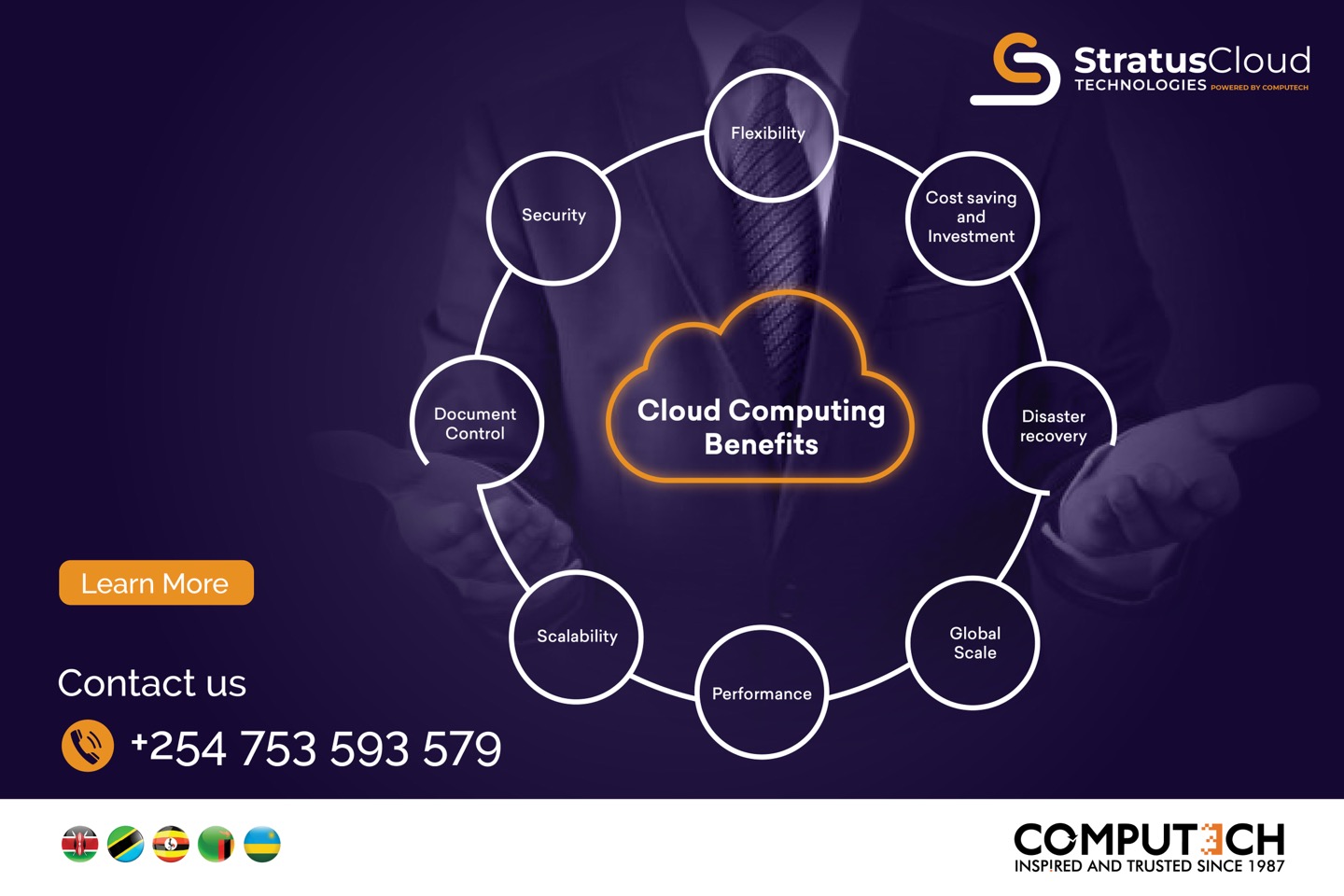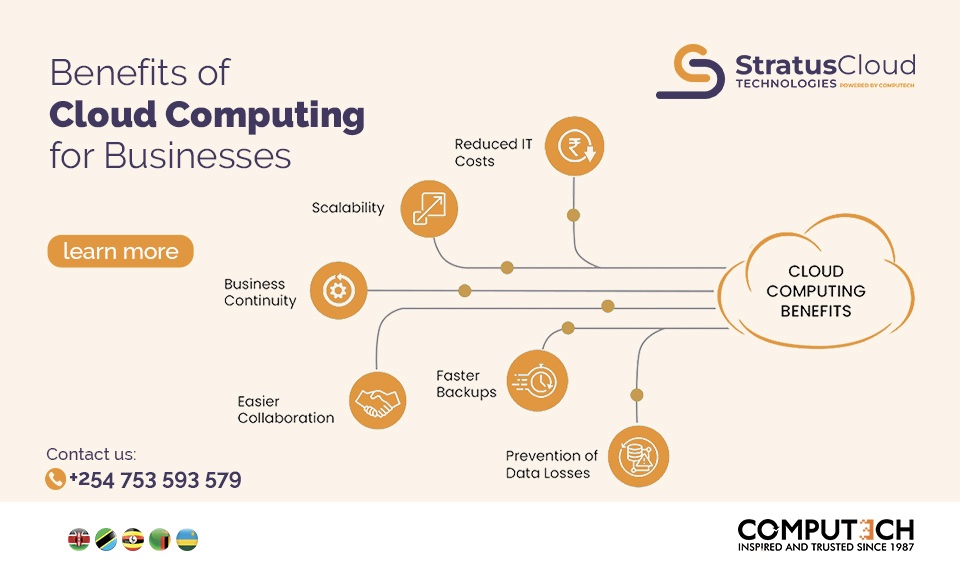
Moving to the cloud is giving organizations of all shapes and sizes the ability to move faster, be more agile, and innovate their businesses. The shift to cloud computing has completely transformed how we work, communicate, and collaborate—and is fast becoming a necessity to stay competitive in today’s digital world.
If you’re considering moving to cloud-based services and solutions, it’s not only important to understand the basics of cloud computing and how it can help you accelerate your digital transformation, but also its advantages and limitations.
This Blog will discuss what cloud computing is, the main advantages and disadvantages, and why you should consider switching to cloud services.
What is cloud computing?
Cloud computing is a term used to describe the delivery of on-demand computing resources—hardware, storage, databases, networking, and software—to businesses and individuals via a network (usually the internet). Cloud computing enables organizations to access and store information without managing their own physical devices or IT infrastructure.
As the amount of data being generated and shared continues to increase and consumers demand more access to online services, it has become more difficult for companies to continue operating their businesses on in-house computing servers.
Similar to the way you check your email inbox online through a web browser, cloud computing enables companies to access and manage resources and applications anywhere there’s an internet connection. Cloud services are also typically managed and maintained by a third-party service provider, allowing IT teams to rapidly adjust compute and storage without having to pay upfront infrastructure costs or set up and manage yet more systems and applications.
You can choose public, private, or hybrid cloud deployments and the service model based on the level of flexibility, control, and management you need. The three main types of cloud service models include:
Infrastructure as a service (IaaS): on-demand access to compute, storage, networking, and virtualization.
Platform as a service (PaaS): hardware and software resources needed for cloud application development.
Software as a service (SaaS): full-application stack as a cloud service, including the maintenance and management from underlying infrastructure to application software.
Benefits of Cloud Computing

Faster time to market.
You can spin up new instances or retire them in seconds, allowing developers to accelerate development with quick deployments. Cloud computing supports new innovations by making it easy to test new ideas and design new applications without hardware limitations or slow procurement processes.
Scalability and flexibility
Cloud computing gives your business more flexibility. You can quickly scale resources and storage up to meet business demands without having to invest in physical infrastructure.
Companies don’t need to pay for or build the infrastructure needed to support their highest load levels. Likewise, they can quickly scale down if resources aren’t being used.
Cost savings
Whatever cloud service model you choose, you only pay for the resources you actually use. This helps you avoid overbuilding and overprovisioning your data center and gives your IT teams back valuable time to focus on more strategic work.
Better collaboration
Cloud storage enables you to make data available anywhere you are, anytime you need it. Instead of being tied to a location or specific device, people can access data from anywhere in the world from any device—as long as they have an internet connection.
Advanced security
Despite popular perceptions, cloud computing can actually strengthen your security posture because of the depth and breadth of security features, automatic maintenance, and centralized management.
Reputable cloud providers also hire top security experts and employ the most advanced solutions, providing more robust protection.
Data loss prevention
Cloud providers offer backup and disaster recovery features. Storing data in the cloud rather than locally can help prevent data loss in the event of an emergency, such as hardware malfunction, malicious threats, or even simple user error.
Why switch to cloud computing?
The cloud delivers more flexibility and reliability, increased performance and efficiency, and helps to lower IT costs. It also improves innovation, allowing organizations to achieve faster time to market and incorporate AI and machine learning use cases into their strategies. These primary benefits can also translate into other related benefits that can help to boost productivity, support remote workforces, and improve operational efficiency.
We are here to help you with your Cloud Migration Journey. Begin your Cloud Journey Here with a limited Consultation Session with one of our cloud specialists.
